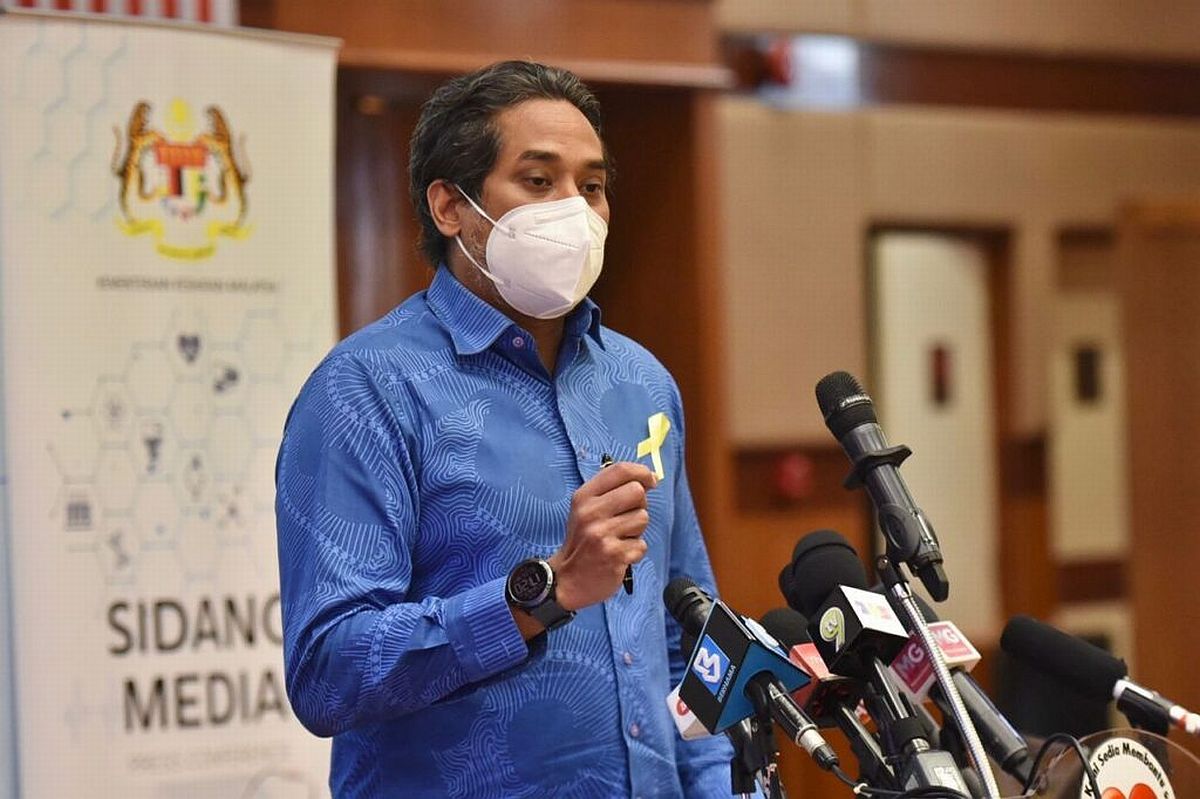KUALA LUMPUR, August 4 – From 2015 to 2021, 3,030 new HIV cases were reported in Kuala Lumpur and Putrajaya, said Health Minister Khairy Jamaluddin.
“In general, new HIV cases showed a linear trend, with 448 HIV cases reported in 2015, or at a rate of 27.8 cases per 100,000 population, while in 2019, 448 HIV cases were reported, or at a rate of 22.5 cases per 100,000 population,” he said in a written Dewan Rakyat reply.
In 2020 and 2021, new HIV cases in Kuala Lumpur and Putrajaya showed a significant downward trend.
“However, this could be attributed to the movement control order as a result of the Covid-19 pandemic, which affected the whole country, causing HIV screening activities to be halted,” he said.
“Therefore, the actual trend in new HIV cases can only be determined after 2022, in line with the relaxation of Covid-19 SOPs.
Between 2015 and 2021, 91 per cent of new HIV cases were from the 20 to 49-year-old age categories (45 per cent from ages 20 to 29, 33 per cent from ages 30 to 39, and 13 per cent from ages 40 to 49), 3 per cent of new cases are those less than 20 years old, and 6 per cent of new cases are those aged 50 and above.
From 2015 to 2021, sexual transmission was the main risk factor for new HIV infections that were reported to the Ministry of Health (MOH), Khairy said.
“Throughout this period, 68 per cent of new HIV infections reported are from homosexual/bisexual relationships, while 26 per cent are from heterosexual relationships,” he said.
He maintained that the MOH has taken control and prevention measures to achieve the goal of zero HIV and of ending AIDS through the Malaysia National Strategic Plan for Ending HIV/AIDS (2016-2030).
The plan outlines the main focus areas, which include testing and treatment, strengthening harm reduction, preventing mother to child transmissions, and eliminating stigma and discrimination.












